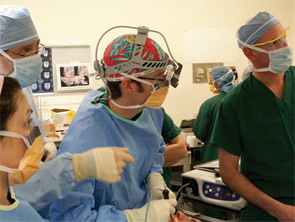If you think your patients are finding your otolaryngology practice by looking in the Yellow Pages, think again. Increasingly, patients are deciding which physician to call by visiting the web and reading feedback on sites like vitals.com, healthgrades.com, lifescript.com and drscore.com.







